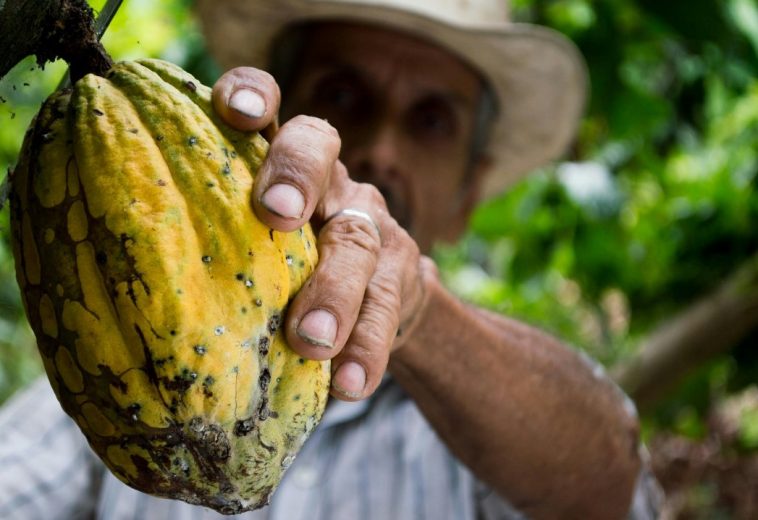Across the wide and diverse continent of Africa, a new wave of luxury is blossoming. This is hardly the same extravagant display of wealth as in the past. Mindful luxury, a philosophy that values sustainability, ethical standards, and cultural connectedness, is gaining prominence. According to Yvonne Chaka Chaka, a South African Musician and Humanitarian, “Mindful luxury in Africa is deeply rooted in celebrating our rich heritage and natural beauty while fostering sustainable practices that benefit both the people and the planet.” This trend according to research has created an increased awareness among African customers who want experiences and products that are consistent with their values.
Several key players are driving the mindful luxury movement in Africa. Luxury safari lodges like &Beyond and Wilderness Safaris are pioneers in sustainable tourism. They prioritize eco-friendly practices, minimize their environmental impact, and support local communities. &Beyond’s luxury camps in Botswana, for example, utilize solar power, source local produce, and actively participate in wildlife conservation efforts.
Fashion houses are also embracing mindful luxury. South African label Thebe Magugu, known for its vibrant prints and political messaging, uses locally sourced and sustainable fabrics. Similarly, Rwanda’s Kigali Fashion Week showcases designers committed to ethical production and traditional craftsmanship.
Beyond tourism and fashion, mindful luxury extends to other sectors. Méle, a Kenyan jewelry brand, sources ethically mined gemstones and empowers local artisans through fair trade practices. Hotels like The Manta Resort in Tanzania offer luxurious overwater bungalows while implementing sustainable waste management and marine conservation initiatives. These examples highlight the diverse ways businesses are integrating mindful practices into the luxury experience.
At the heart of mindful luxury lies a commitment to sustainability. This encompasses environmental responsibility, ethical sourcing of materials, and responsible waste management. Luxury travel companies are increasingly focused on minimizing their ecological footprint. This translates to eco-lodges built using sustainable materials, responsible wildlife viewing practices, and a shift towards carbon-neutral travel options.
Ethical sourcing is another crucial element. Consumers are increasingly concerned about the working conditions and environmental impact of the products they purchase. Mindful luxury brands prioritize fair trade practices, support local artisans, and ensure their supply chains are transparent and ethical.
The rise of mindful luxury reflects a significant shift in African consumer values. A growing middle class with disposable income is seeking experiences and products that offer more than just status symbols. They prioritize brands that align with their values – sustainability, social responsibility, and cultural authenticity.
Furthermore, Africa’s young population is particularly tech-savvy and globally connected. They are more aware of environmental and social issues, and this awareness is driving their purchasing decisions. Social media also plays a role. Consumers are increasingly turning to platforms like Instagram to research brands and hold them accountable for their practices. Transparency and a genuine commitment to sustainability are essential for success in the mindful luxury market.
A Sustainable Future for Luxury
The mindful luxury movement is having a significant impact on the African market. It’s fostering innovation and encouraging businesses to adopt sustainable practices. As mindful luxury gains traction, it creates a positive ripple effect, promoting responsible tourism, uplifting local communities, and protecting the environment.
Furthermore, mindful luxury opens new market opportunities. Africa’s rich cultural heritage, diverse landscapes, and skilled artisans create a unique appeal for discerning consumers seeking authentic experiences. By combining luxury with mindful practices, Africa positions itself as a destination for a new generation of conscious consumers.
READ ALSO: African Entertainment Meets the Metaverse
Of course, high-quality, sustainable materials can be more expensive, and ensuring fair trade practices throughout the supply chain can be complex. Additionally, promoting mindful luxury requires effective communication strategies to educate consumers about the value proposition.
However, these challenges are outweighed by the opportunities. By embracing mindful practices, African businesses can differentiate themselves in a crowded marketplace, attract a new generation of luxury consumers, and contribute to a more sustainable future for the continent.
Mindful luxury isn’t just a trend; it’s a sign of a maturing African luxury market. Consumers are demanding more than just opulence; they seek experiences that are enriching, responsible, and leave a positive footprint. By embracing sustainability, ethical practices, and cultural connection, African businesses are redefining what it means to live luxuriously. This conscious approach to luxury holds the promise of a brighter future for both the African continent and the global luxury market.


